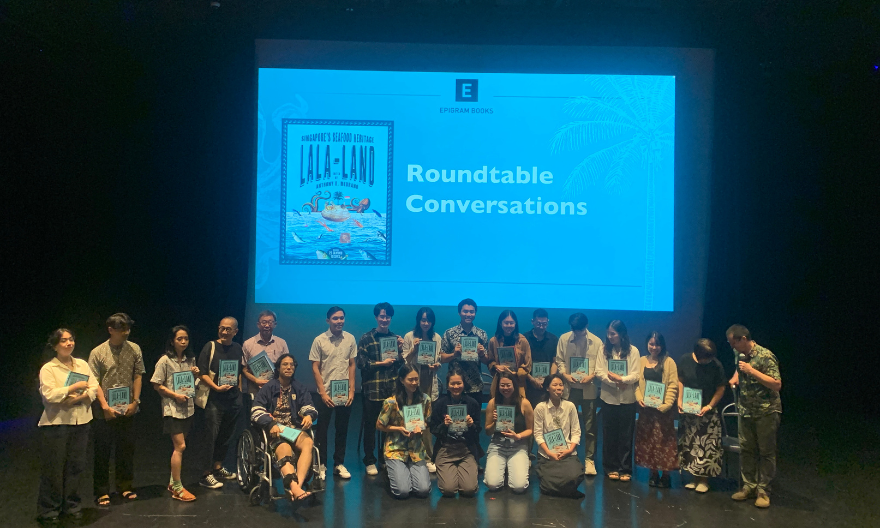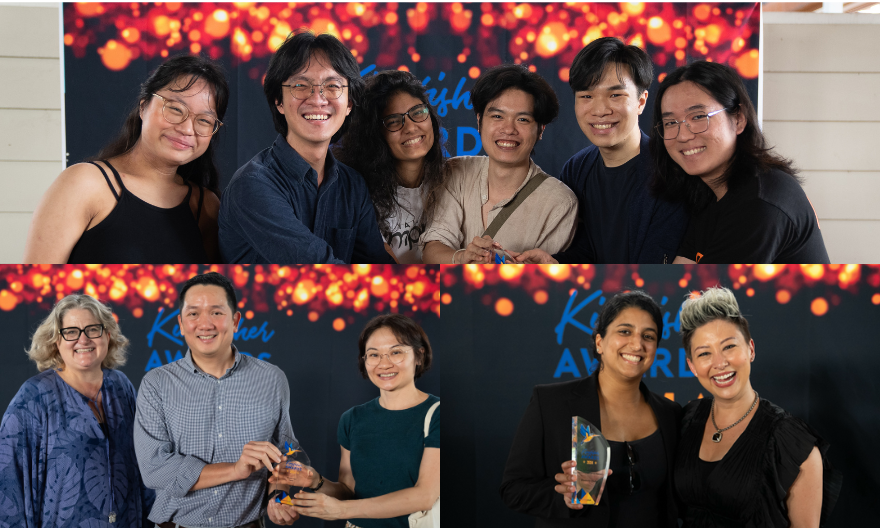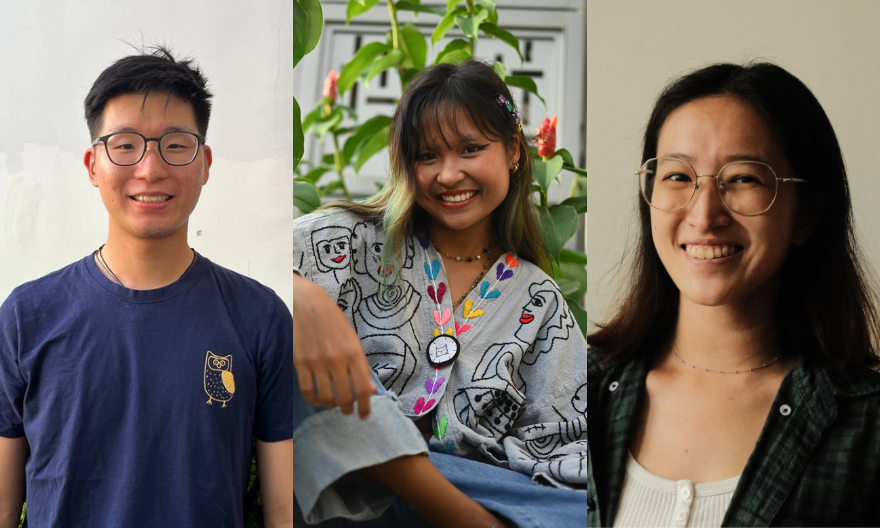The Future of Public Health: Leadership Perspectives from East & West
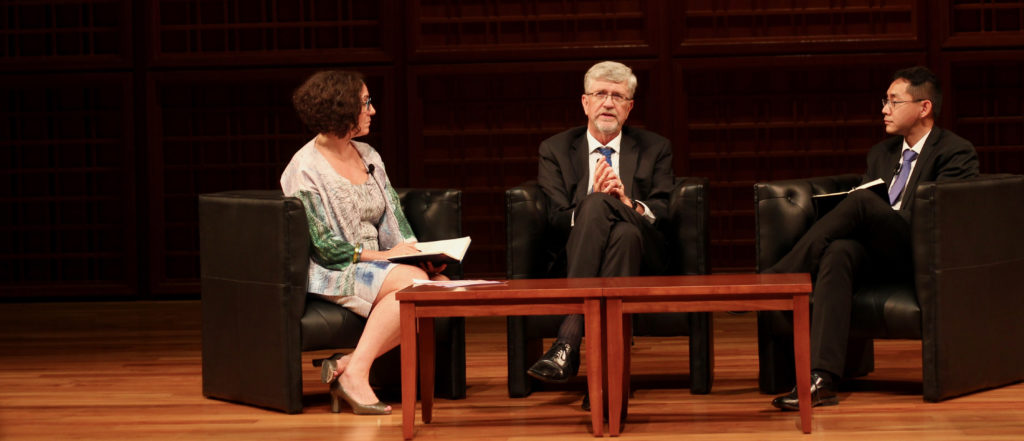
Professor Jeannette Ickovics, Professor Sten Vermund and Professor Teo Yik Ying.
On 19 March 2018, Yale-NUS College played host to leading scholars in public health at a panel discussion with the Deans of the Yale School of Public Health and the Saw Swee Hock School of Public Health, National University of Singapore.
Titled ‘The Future of Public Health: Leadership Perspectives from East & West’, the event sought to explore the future of public health in light of increasingly complex global health challenges.
Professor Sten H Vermund kicked off the discussion with a question in his opening address: “Why Asia, why now?” Appointed Dean of the Yale School of Public Health in 2016, Professor Vermund is also Anna M.R. Lauder Professor of Public Health and Professor of Epidemiology (Microbial Diseases). A paediatrician and infectious disease epidemiologist, his research has focused on diseases of low and middle-income countries.
“We are motivated at the Yale School of Public Health to engage Asia in a productive way because we have a lot to learn here. There is a lot of emerging innovation and energy from Asian nations and there is something for us to contribute and explore collaborative opportunities in research and education,” he explained.
Professor Teo Yik Ying, Dean of the Saw Swee Hock School of Public Health (SSHSPH), also emphasised the importance of collaboration, but across disciplines. Apart from his role as Dean of SSHPH, he helms the iOmics Programme at the Life Sciences Institute, and is an Associate Faculty Member of the Genome Institute of Singapore. He also serves as Professor of Statistics and Applied Probability at the Faculty of Science, National University of Singapore.
Reflecting on his own journey, he highlighted how the future of public health demands multidisciplinary and trans-disciplinary approaches. “I started as a mathematician, became a statistician, and then got into genetics and health economics,” he shared.
“My background helps me to approach public health with humility, to start finding solutions outside of the medical community which is important because when we start looking at complex health challenges, it goes beyond public health and clinical doctors. “It is fitting that we are holding this event at a liberal arts college like Yale-NUS and this highlights the essence of public health today, increasingly, we are starting to find and need solutions from engineers, social scientists and computer scientists.”
As an example, he noted was how Singapore’s war on diabetes requires a “whole of government” approach.
“It might be easy to say that this is a problem for the health ministry but it goes way beyond that. The education ministry must also be involved because prevention needs to start from a young age. Urban planning and transport systems are also important to nudge people into increasing their physical activity,” Professor Teo explained.
Professor Vermund also noted how technology can help to anticipate future needs of the world, and what can be done to harness and implement these technologies to address those needs.
“For instance, there are now smartphone technologies that can address health disparities where dermatologists can make estimated diagnoses remotely using photonics feedback through computer interpretation. The field of health informatics has also opened up research frontiers, allowing us to juxtapose patient data with genetic, social and demographic data to interpret patient circumstances in far more sophisticated ways than we ever could,” he shared.
The panel discussion was moderated by Yale-NUS Visiting Professor Jeannette Ickovics, who is also the Samuel and Liselotte Herman Professor of Social and Behaviorial Sciences at the Yale School of Public Health.
Prior to the panel discussion, the audience was invited to explore an exhibition of student projects from Professor Ickovics’ class at Yale-NUS last semester titled ‘Community Health Assessment and Intervention’. The exhibition was curated by Victoria Kalinina (Class of 2018) and featured posters designed by students who presented their research on methods to detect pressing health needs, such as mental health and geriatrics, and solutions for these problems.
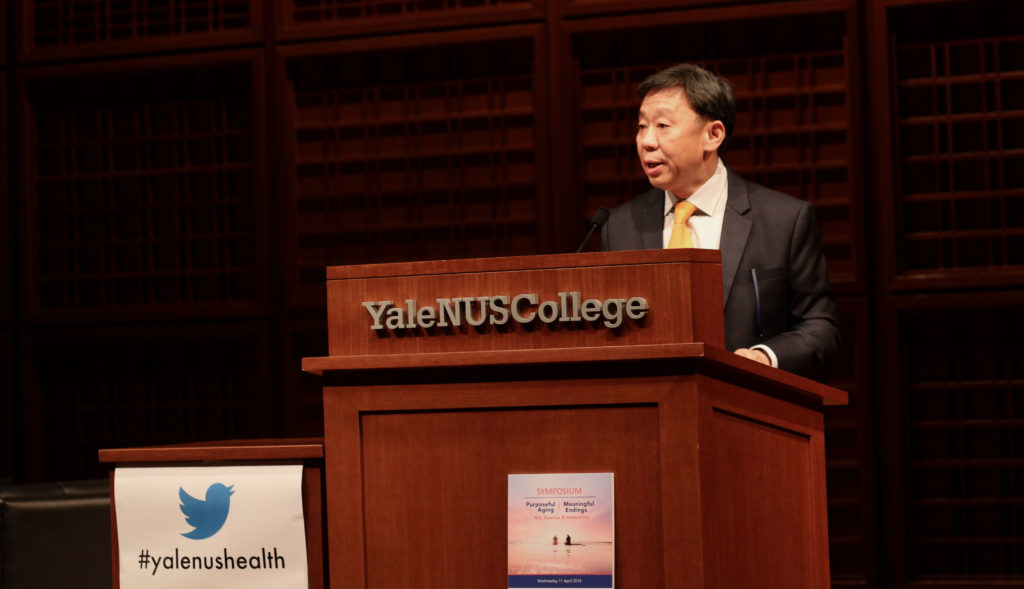
At his opening address, Yale-NUS College President Tan Tai Yong thanked Professor Ickovics for “working tirelessly in engaging with faculty and students”.
“You have made visible the thick relationship between Yale-NUS College and Yale University, and this is an example of the type of collaboration we should be doing more of between our institutions,” he noted.
This event was organised as part of a series of talks on ‘Innovations in Public Health: Science, Practice, Impact’. The next event is a symposium co-organised with Modern Aging Singapore and Singapore Hospice Council titled ‘Purposeful Aging, Meaningful Endings: Art, Science and Innovation’, which will be held at Yale-NUS College on 11 April 2018.
Since 2016, Yale-NUS College has offered a Concurrent Degree Programme with Yale School of Public Health, which is designed for students who want a broad liberal arts education and a career in the field of public health. Students spend three semesters at the Yale School of Public Health and graduate in five years with an undergraduate degree in liberal arts from Yale-NUS College and a Master of Public Health awarded by the Yale School of Public Health.

